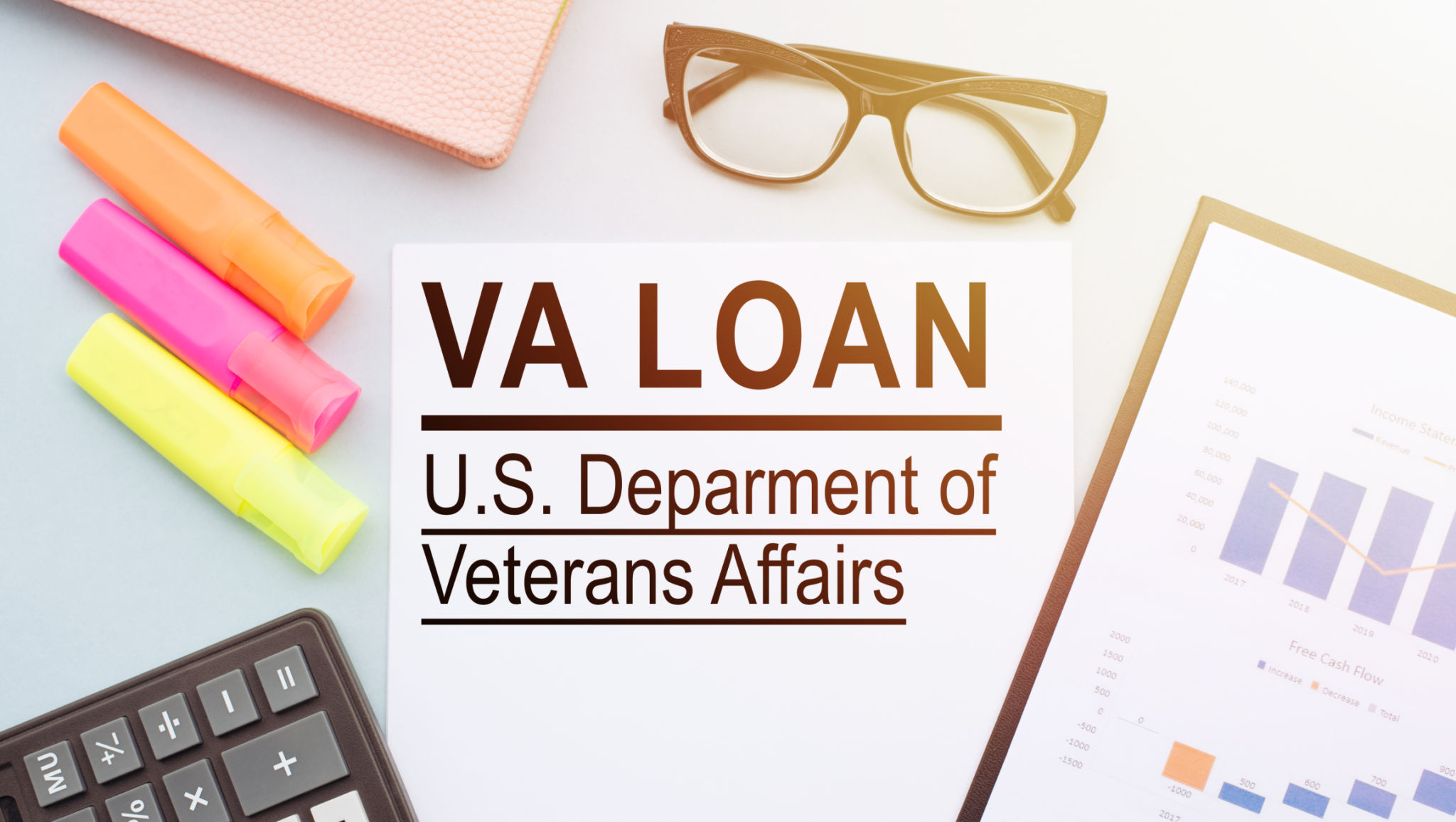How VA Loans Differ from Conventional Loans: A Comprehensive Comparison for Veterans in North Carolina
Understanding VA Loans
For veterans residing in North Carolina, understanding the nuances of VA loans compared to conventional loans is essential. VA loans, backed by the Department of Veterans Affairs, provide exclusive benefits to veterans, active-duty service members, and certain members of the National Guard and Reserves. These loans are designed to make the dream of homeownership more attainable for those who have served our country.

Eligibility Criteria
One of the primary differences between VA loans and conventional loans lies in eligibility. To qualify for a VA loan, veterans must meet specific service requirements, which typically include a minimum period of active duty or service in the National Guard or Reserves. Conversely, conventional loans are available to any borrower who meets the lender's credit and financial requirements.
Down Payment Requirements
A significant advantage of VA loans is the potential for zero down payment. This feature allows veterans to purchase a home without needing to save for a substantial down payment, which can be a barrier with conventional loans. While some conventional loans may offer low down payment options, they often require mortgage insurance, adding to the overall cost.

Interest Rates and Mortgage Insurance
VA loans typically offer competitive interest rates, which can result in lower monthly payments compared to conventional loans. Additionally, VA loans do not require private mortgage insurance (PMI), a common requirement for borrowers with less than 20% down payment on conventional loans. This absence of PMI further reduces the long-term cost of borrowing for veterans.
Loan Limits and Fees
While VA loans have specific county-based loan limits, these limits often exceed those of conventional loans, allowing veterans to purchase higher-priced homes. However, it's important to note that VA loans include a funding fee, which varies based on down payment and service category. This fee helps sustain the program but can be rolled into the loan amount to ease initial costs.

Approval Process
The approval process for VA loans may differ slightly from that of conventional loans. While both require a thorough evaluation of creditworthiness and financial stability, VA loans tend to be more forgiving for those with lower credit scores. This flexibility can be particularly beneficial for veterans who might face challenges in meeting conventional loan criteria.
Refinancing Options
Veterans with existing VA loans may benefit from refinancing through the Interest Rate Reduction Refinance Loan (IRRRL) program. This option allows veterans to secure a lower interest rate with minimal paperwork and appraisal requirements. Conventional loan holders can also refinance, but the process is typically more complex and may not offer the same ease as VA refinancing options.
Choosing the Right Loan
When deciding between a VA loan and a conventional loan, veterans in North Carolina should consider their unique financial situation, eligibility criteria, and long-term homeownership goals. Consulting with a knowledgeable mortgage professional who understands both VA and conventional loan structures can provide valuable insights and guidance tailored to individual needs.

